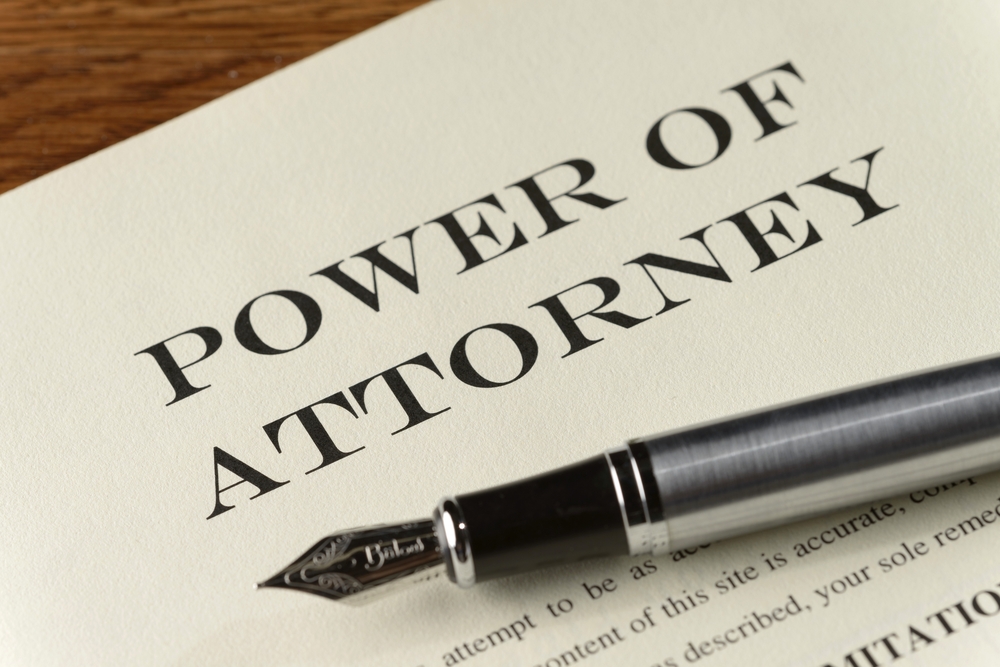Many terms have been used to describe the intergenerational wealth shift expected as baby boomers,…
Fight Elder Abuse in Your Family with Vigilance and Involvement
It’s a sad fact, but many of the worst crimes against seniors are committed by members of their own family, and most of them go unreported.
Elder abuse, including financial abuse, often starts when relatives ask their victims to provide them with power of attorney or have themselves assigned as guardians by a court. It often begins with something small, and if no one else in the family is paying attention, can grow until the victim has lost everything. The best defense: a family member who is involved with their aging relative or parent and is paying attention to the details of their life.
Forbes’s recent article, “5 Ways To Spot And Stop Elder Financial Abuse,” quotes NASAA President and Alabama Securities Commission Director Joseph Borg, who explained that “A guardian is a person or entity appointed by a court to exercise some or all authority over a person and/or estate.”
A guardian has the authority to make decisions related to the health and safety of the incapacitated person. Financial abuse by guardians happens when the guardian improperly uses the protected individual’s financial accounts, usually for their own benefit. Here are a few red flags that can signal that there’s a problem:
• Using guardianship authority to transfer property for the guardian’s benefit;
• Receiving personal payments from a protected individual without the court’s permission;
• Authorizing regular cash withdrawals from the senior’s accounts without explanation;
• Using or borrowing property for personal benefit without the judge’s authorization; and
• Making unexplained decisions that aren’t in the senior’s best interest.
The best weapon in the fight against elder financial abuse is vigilance, experts say. You should call a family meeting to talk about the best ways to protect a loved one.
Older relatives will eventually need someone in the family to gain financial and health care powers of attorney. These documents will ensure that, if a senior is incapacitated, a responsible third-party can make decisions on his or her behalf.
At a certain age, older relatives will begin to have trouble doing things like paying bills or watching over their investments. It’s a natural consequence of aging and cognitive decline, and they may be suffering from dementia.
Some experts recommend that more than one person in a family be granted power of attorney. Ask your elder law attorney or estate planning lawyer for help in drafting this document.
It’s important to remember that seniors today are being targeted with scams of all kinds. If they are isolated socially and suddenly have a best friend who has asked for their financial help, start asking questions. You may need to call on local law enforcement for help.
Reference: Forbes (March 30, 2018) “5 Ways To Spot And Stop Elder Financial Abuse”



